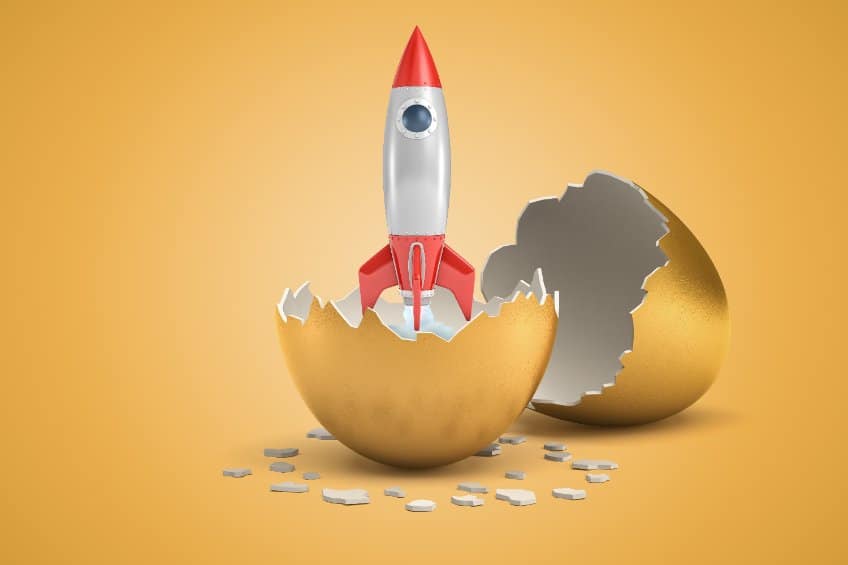It is hard to say no to things you really want, especially when you have the money burning a hole in your pocket. That is when you will have to demonstrate a level of maturity that eludes people with a lower financial IQ. If you tend to buy whatever you want the moment you want it, you will also know what it is like to not have the money to spend when you need it the most. If keeping up appearances really matters to you, then you might be a victim of peer pressure spending. That never ends well.
There is a certain pattern to over-spenders. If you are the kind of person who always seems to have a lot of nice things but is always short on cash, you likely fall into one of three categories:
- Impulse buyer
- Envy buyer
- Early adopter
You might even find that you are in more than one category. Your credit card statement doesn’t lie. Your credit score is another indicator. With something like a credit builder account, you can keep track of both. Learn to say no to the following items and you can watch your credit balance go down as your credit score goes up:
Pleasure Purchases
Pleasure is a good thing. It beats misery any day of the week. But there is a difference between living a balanced life that is pleasurable and living a hedonistic life of excess and waste. If you order something from a food delivery service once or twice a day because you have a craving for something, you are a pleasure seeker. It might also manifest by taking in a movie every few days, or by subscribing to all of the streaming services, or by owning all the video game consoles and triple-A titles. All of those pleasures are expensive.
In almost every case, instant gratification is expensive. It means you will tend to leap before you look. You purchase without considering the ramifications. You click on the email link and enter your user name and password without stopping to question if it is really from your bank. You shoot from the hip and make decisions from your gut. Unfortunately, hips and guts are notoriously unreliable. The only body part you should be using for making decisions is your brain. Your emotional system is much faster than your cognitive processing system. By giving your better judgment time to catch up to your emotions, you will make better, slower, and less expensive decisions.
Status Shopper
Do you tend to buy the kind of items that make you feel like a million bucks? Before you make a clothing purchase, do you wonder if your selection will turn heads? Do you want your selections to get you noticed? If so, then you are a status shopper who is spending money more to keep up with the Joneses, rather than to satisfy your real needs.
The most dangerous aspect of status shopping is that there is no end to it. You will never fully gain the status you want. There will always be a new trend, or someone in your peer group with a new item, or a new look. Status can’t simply be gained. It must be maintained at great expense. It is a trap that never delivers on its promise.
Beta Buyer
An early adopter is an unpaid beta tester. Worse than being unpaid, they have to pay for the privilege of being first in line. Products are generally much more expensive at launch, which means that you end up paying more than if you waited a few weeks for a sale. The products are typically less stable than if you had waited for the first revision. This bleeds into status shopping because you want to be seen with the newest thing. It also is related to pleasure purchasing because you are feeding the impulse-buy monster within.
Whatever your financial situation, you would be doing so much better if you learned to say no to impulse pleasure purchases, envy status shopping, and early adopter beta buying. If you could just cut back on any one of these things, it could save you thousands over the course of a year.









